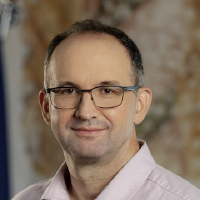Danijel Skočaj is a professor at the University of Ljubljana, Faculty of Computer and Information Science. He is the head of the Visual Cognitive Systems Laboratory. His main research interests lie in the fields of computer vision, machine learning, and cognitive robotics. In the framework of basic and applied research, he’s been developing and introducing new advanced methods of deep learning and computer vision for solving complex problems requiring processing of visual information. He is also interested in the ethical aspects of artificial intelligence, machine learning and robotics, and the influence of the development of these technologies on society. He’s been lecturing the courses from the fields of computer vision, cognitive robotics, and deep learning. He has led or collaborated in a number of projects from these research areas, such as EU projects, national research projects as well as industry-funded applied projects. Through the research and development applied projects he’s been facilitating the transfer of research findings into practical applications.
Research
The main research interests: computer vision, pattern recognition, deep learning, cognitive systems.
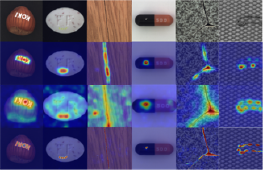
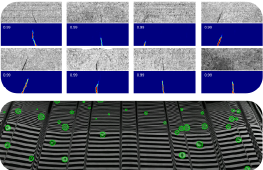
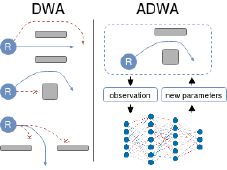
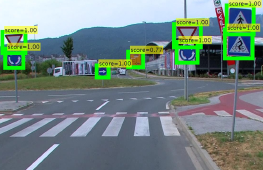
Main Projects
Current projects
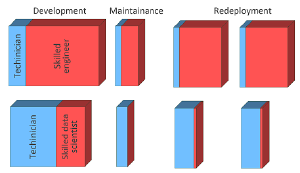

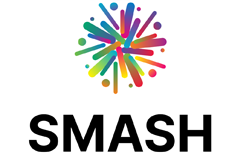
Past projects

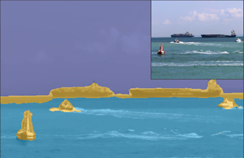


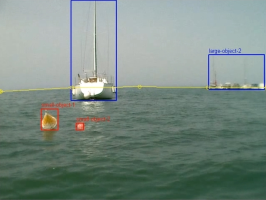


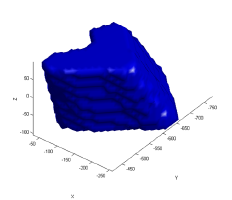
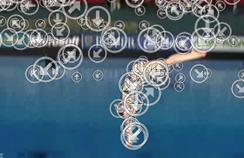
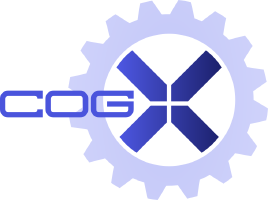




Selected Publications
Teaching
Teaching in 2022/23
- Deep learning
- Development of intelligent systems
- Robotics and machine perception (Robotika in računalniško zaznavanje)
- Seminar 1, Seminar 3
Old courses
- Introduction to computer science (Uvod v računalništvo)
- Scientific skills 2 (Veščine v znanstvenem delu 2, 3.st.)
- Production of multimedia content (Produkcija multimedijskih gradiv)
- Artificial intelligence (Umetna inteligenca, 3.st.)
- Algorithms and data structures 1 (Algoritmi in podatkovne strukture 1)
- Distributed intelligent software technologies (Porazdeljene inteligentne programske tehnologije)
- Data structures and algorithms (Podatkovne strukture in algoritmi (UL PeF))
- Computer science (Računalništvo (UL FPP))
All information about the courses is provided on the internal pages of UL FRI.
Awards
- 2023: Winners of the perception challange on 2th Cloth and Manipulation Challenge, part of 7th Robotic Grasping and Manipulation Competition of ICRA 2023
- 2022: Award for exceptional scientific achievement in the Republic of Slovenia in the year 2022 (ARRS).
- 2021: The award for one of ten most remarkable research achievements at the University of Ljubljana in the year 2021.
- 2021: Journal of Intelligent Manufacturing Certificate of Achievement for One of 2020’s Top Downloaded JIM Research Articles.
- 2021: Prometheus of science award for excellence in communication for 2020, Slovenian Science Foundation.
- 2020: The Golden Plaque for exceptional contributions to the development of scientific, pedagogical or artistic endeavours, and for strengthening the reputation of the University of Ljubljana.
- 2019: Special recognition for outstanding research achievement, Faculty of Computer and information science, UL.
- 2013, 2017, 2019: Best paper in the Pattern recognition session award, International Electrotechnical and Computer Science Conference ERK 2013, 2017, 2019, Portorož, Slovenia.
- 2012: Award for exceptional scientific achievement in the Republic of Slovenia in the year 2011 (ARRS).
- 2002: Best PhD paper award, 11th International Electrotechnical and Computer Science Conference ERK 2002, Portorož, Slovenia.
- 2002: Best paper award, 26th Workshop of the Austrian Association for Pattern Recognition (ÖAGM/AAPR), Graz, Austria.
Awards of my students:
- 2021: Honourably mentioned for research work of postgraduate students at UL FRI (Vitjan Zavrtanik, Domen Rački)
- 2020: Special award for research work of postgraduate students at UL, Faculty of Computer and Information Science (Matej Dobrevski, Vitjan Zavrtanik)
- 2020: Prešeren Prize for Students of the University of Ljubljana for outstanding achievements in science and art (Jaka Šircelj)
- 2013, 2019, 2021, 2022: Faculty Prešeren Prize, UL, Faculty of Computer and Information Science (Klemen Istenič, Kristian Žarn, Vid Rijavec, Valter Hudovernik)
Membership
- IEEE, Slovenia section, former chairman of the Slovenian Computer Society
- IAPR, Slovenian patter recognition Society, former chairman
